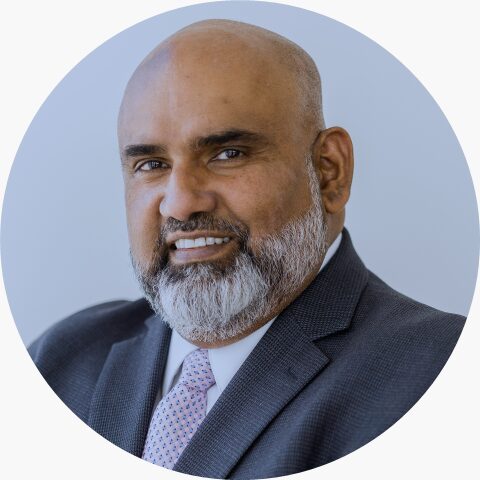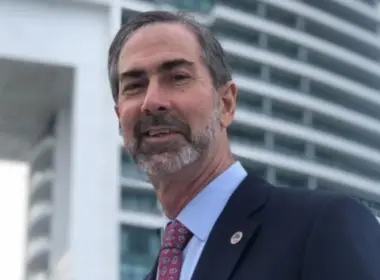By David Schwartz and Wayne Shah
The financial landscape of the Caribbean has long been one of vibrant business activity, entrepreneurial spirit, and international trade. However, the Caribbean banking sector has faced a significant challenge: de-risking, an unintended consequence of the risk-based approach.
This phenomenon saw many international banks limit financial risks by withdrawing their services and severing ties with local and regional banks. Concerns included regulatory compliance, financial crime, and the profitability of these relationships. De-risking had far-reaching consequences, especially for micro, small, and medium-sized enterprises (MSMEs), the backbone of Caribbean economies.

In his testimony to congress in 2022, Mr. Shah noted that “FIBA could not find any empirical evidence to believe that Caribbean banks had lesser abilities regarding BSA/AML [the Bank Secrecy Act and Anti-Money Laundering].” In fact, in FIBA’s view, the Caribbean banks have invested heavily in BSA/AML compliance enhancements including technology, training, personnel and risk management measures. The region remains highly compliant. This is evidenced by the lack of explosive AML issues as compared to other regions.
De-risking stemmed from several factors including characterization by the Department of State’s International Narcotics Control Strategy Report (INCSR) of perceived high risk for money laundering and drug trafficking in the Caribbean. Additional factors included the stringent regulatory requirements imposed after the global financial crisis and the repercussions of the Panama Papers scandal. The consequence was not just a reduction in banking services available to Caribbean businesses and individuals but also restricted remittances and a stifling of economic development. De-risking resulted in smaller banks losing their Correspondent Banking relationships and being forced into expensive relationships with unconventional financial institutions not akin to the region.
As we stand in 2024, de-risking is considered an episode of the past, and there is a growing imperative for “re-risking,” a term coined by FIBA that encapsulates the need for financial institutions to reassess and re-engage with the Caribbean market. At their annual AML conference, FIBA established a Caribbean Roundtable to discuss the issue. FIBA included all stakeholders, including representatives from the U.S. Departments of State and Treasury, CFATF, local regional banks and all U.S. correspondents, as well as regulators from the region. All parties agreed that a return to the Caribbean is not only feasible but also mutually beneficial.

FIBA’s position is that the region’s AML risk profile isn’t prohibitive, as banks in this region are operating at the same level as other regions. Few, if any, money laundering prosecutions related to correspondent banking have emerged from the Caribbean, an indication that the region’s risk is well managed.
For re-risking to be successful, new strategies need to be employed. First, there must be a concerted effort to separate the risk ratings of countries from the financial institutions operating within them. This separation would prevent the unfair penalization of local banks based on their location, recognizing that many have robust AML controls in place.
Second, there should be an increased focus on technology utilization, for both efficiency and improved regulatory compliance. Technological advances can assist in transaction monitoring, risk assessment, and customer service.
Third, there must be regional engagement with the U.S. State Department regarding INCSR to ensure that all stakeholders are heard.
Re-risking requires coordinated efforts towards a uniform regulatory landscape, education and training, and perception change. Re-risking is not just about banks resuming business. It’s about reigniting trust between the Caribbean and the global banking community. It’s about recognizing that the region is a viable, profitable, and secure place for financial investment and growth.












